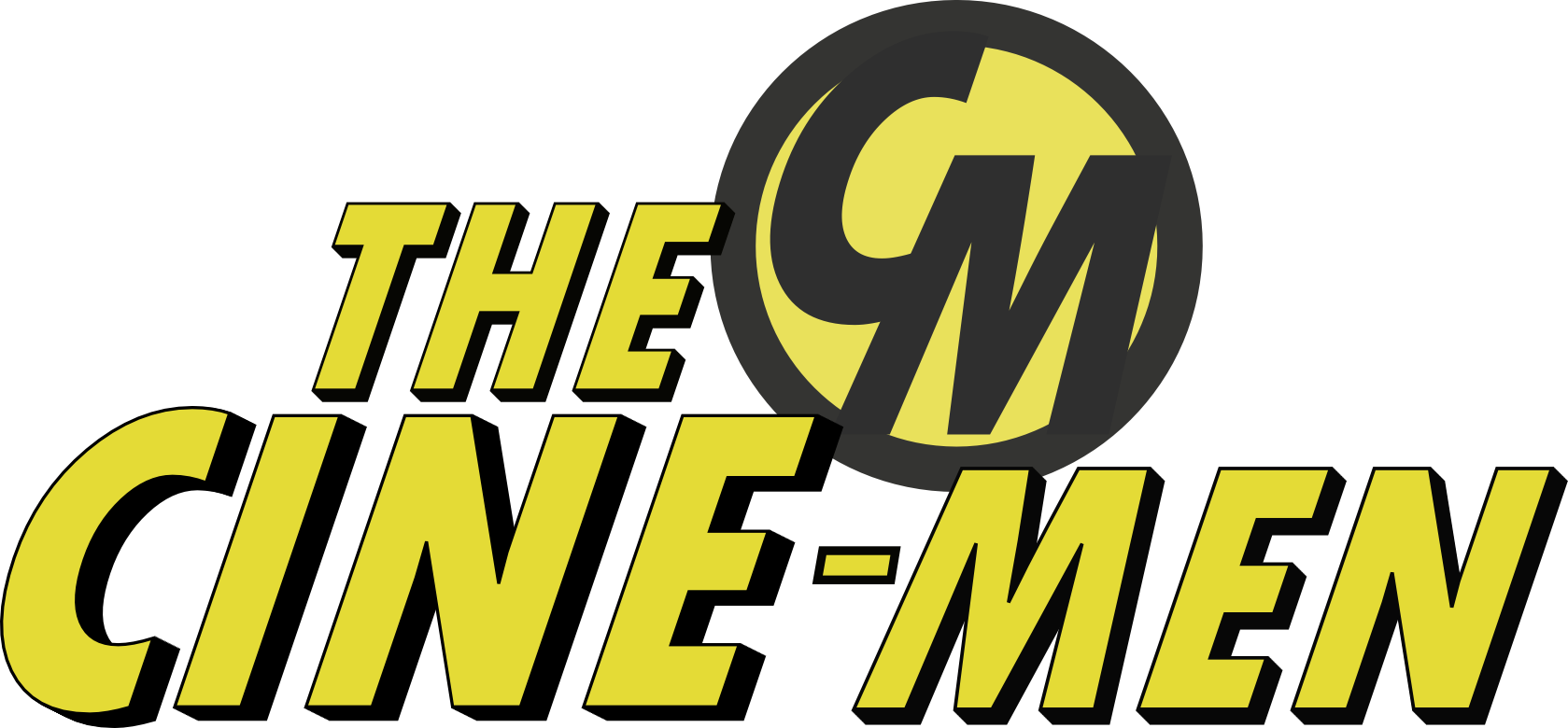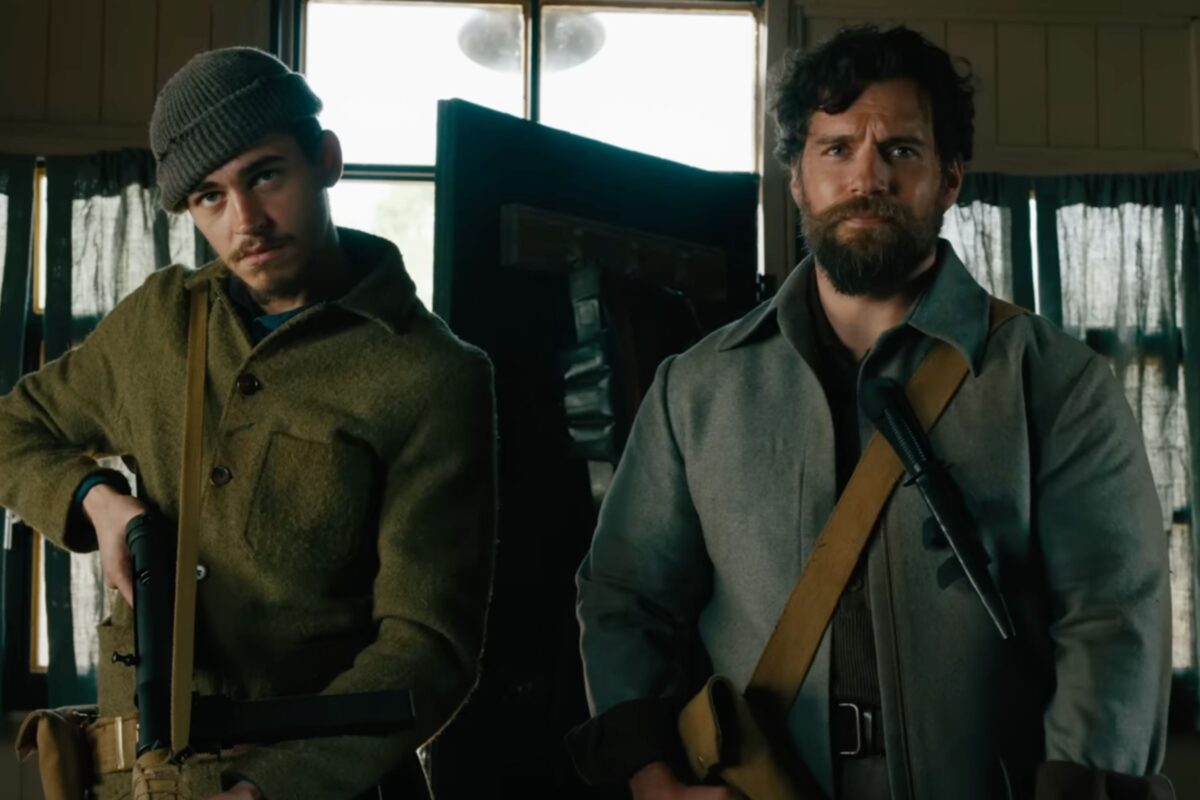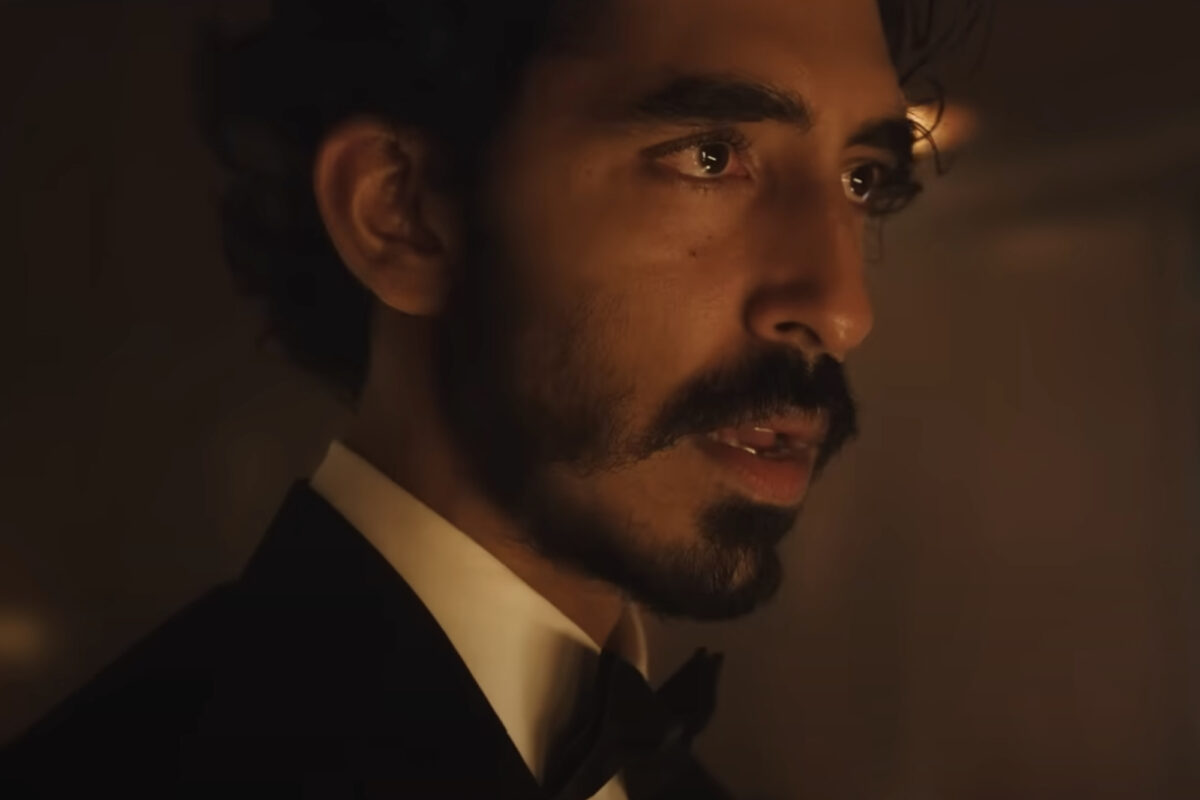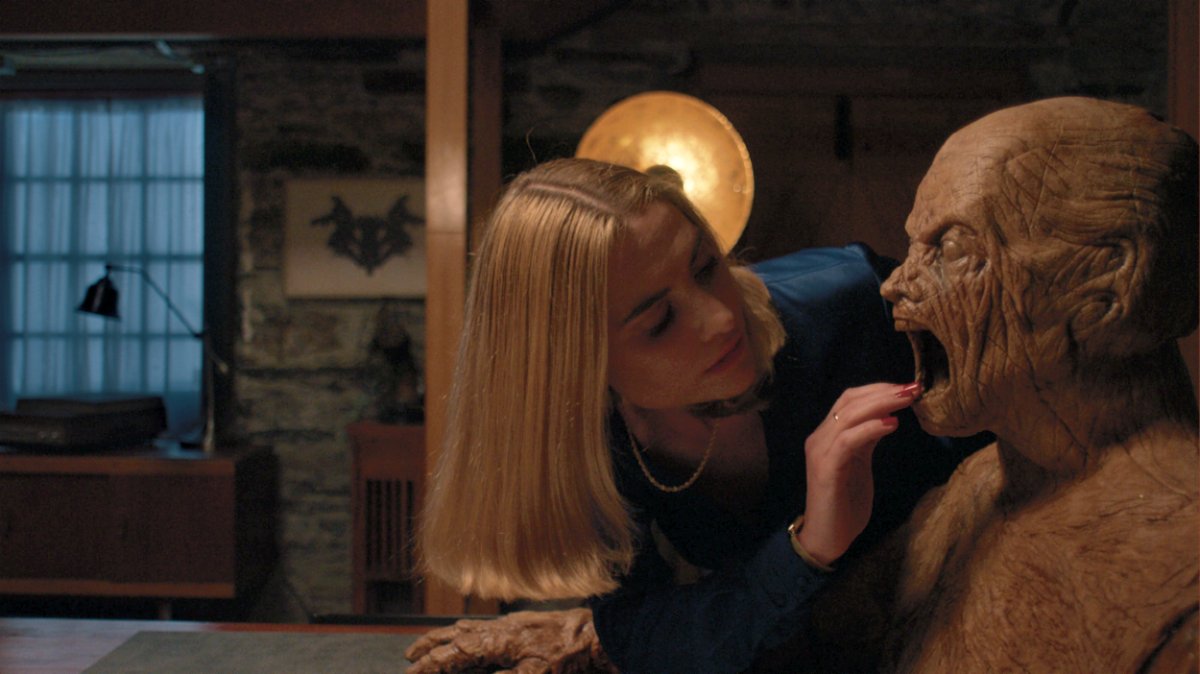
Brian Helgeland has been writing and directing films since the late 80’s. He broke big in the 90’s with films such as L.A. Confidential, The Postman, and Payback. In the early 2000’s he directed A Knight’s Tale and delved deep in the crime genre with classics like Mystic River and Man on Fire. His latest Finestkind is about a fishermen crew who gets in deep with a criminal element. A film decades in the making, this appears to be his most personal story. Brian Taylor sat down with him at the Austin Film Festival to talk about the film.
Brian: I was actually reading the press release today, I know that you grew up in
New Bedford [Massachusetts] and you come from a family of fishermen, so how
long have you wanted to tell this story?
Brian Helgeland: I wrote this story about… I lost track but it’s over 25 years ago.
Probably in the first four or five scripts I ever wrote, one of them was Finestkind,
and there’s been alterations to it and slight variations over the years and I put it
away for ten years and then I’d look at it, but forever really, ever since I wanted to
work in movies.
Brian: It’s a good story. So, 25 years is a long time, do you think that the story
benefits from you waiting until this point to tell it?
Brian Helgeland: I hope so. (Laughs) I think I’m better at what I do than I was
back then, so that’s good. I think I’m more economical in the way I shoot and
stuff. The time restrictions on this, shoot days and things like that, I think I
would’ve had trouble with when I first started and it’s easier now to know what
you need and all that kind of stuff. The oddest part about the whole thing was it
was written by a young version of me and directed by an old version of me. I kept
it the way I wrote it originally but if I was writing it now I might have a different
attitude towards it all and I’m not sure what it would be but it wouldn’t be the
same as it was 25 years ago.
Brian: That’s a fair answer. So when I was watching the movie, I felt like those characters are important
to you. And I love Ben Foster [Tom], I think that Ben Foster makes any movie
better just instantly by being in it. So, can you tell me about the casting process?
Brian Helgeland: Yeah. It’s taken on different incarnations over the years, just
trying to put it together. About two years ago, Gary Foster, the producer, and I
decided to just give it one last go. I sent it to Ben, I didn’t know Ben, and there
was no company involved at the time, and Ben read it and said he wanted to do
it. We just met on the phone and I said, “okay, but you might be agreeing to
doing nothing because I don’t have the money” and blah-blah-blah and he said,
“that’s fine, you can use my name and let’s try to get this made.” And I had seen
Toby Wallace [Charlie] in this Australian film, Babyteeth, that he’s tremendous in.
I sent it to his agent, who was at the same agency as me, and Toby wanted to do
it. He was all excited and he said, “I’ll come in and read” and I said, “If you want
to do it, you’re doing it, you don’t have to read.” Then, we took the two of them
and tried to build it from there and we ended up with 101 Studios, who had been interested in an earlier incarnation of it but it didn’t warrant the money we needed to make it at that time. Basically, they said we gotta get someone for one of the dads to help us out here and it ended up being Tommy Lee Jones [Ray Eldrige].
And then, Jenna Ortega [Mable], of course, who’s the biggest name in the movie,
when we were trying to put it together, she had done the Scream movies but she
was in Romania shooting Wednesday, which I heard the title and said, “is that
the sequel to Tuesday?” (Both laugh) Just because I had no idea what
Wednesday was, I didn’t put it together with the Addams Family and didn’t know
Tim Burton was involved, which obviously gives it a pedigree from the start.
Anyway, she read the script and really liked it and really liked that it was a drama
and different in a way for her. I wish she had done drama but I think she was
trying to head more that way to build a part of her life that way. So, that became
the thing that got us over the hump, those four, to get the final money I needed to
be able to shoot it where I wanted to shoot it and have as much time on the water
as I needed to shoot and all those things.
Brian: You mention the water, I believe [Steven] Spielberg is reportedly saying
that after shooting Jaws, he would never shoot on water ever again. How did the
shooting on water go for you?
Brian Helgeland: Honest to God, it went really well. We were just as fast on the
water as we were on land. Part of it is, we got lucky, very lucky with the weather.
I had a great “water team” around me. The captain of the actual boat I had fished
with when I was 23 years old and he was 19 and he was now the captain of his
own boat. So, I had him with me, instead of being a curmudgeon, he was a guy
that I would be like, “just go that way a little bit” and he’d be like, “okay, I will.”
But, all the guys went commercial fishing for a week. Rather than when we’re
shooting a scene and we have to explain to them what to do and they’re all
awkward and trying to figure out how to do this while the boat’s bouncing around,
they all have been out fishing for a week on a real commercial fishing boat. They
still weren’t completely comfortable but they knew what they were doing and they
knew what everything was called and that helped a lot too. But if we had had
some tricky weather, it would’ve been a disaster. I’d been days over schedule
and begging for more money, maybe not getting it. We just got lucky.
Brian: Maybe the secret is not to have a mechanical shark.
Brian Helgeland: Yeah. (Laughs)
Brian: Maybe that’s the secret. (Laughs)
Brian Helgeland: I think it’s the shark he’s complaining about more than the
water. (Both laugh)
Brian: Speaking of shooting, what was the toughest scene for you to actually
shoot?
Brian Helgeland: The toughest scene isn’t until towards the second half end of
the movie, there’s a scene in a kitchen where the bad guy shows up to confront
the crew and it’s kind of a three ring circus of stuff going on. An odd amount of
action is happening in there and, we’re in the kitchen, and the whole cast is
there. One of the cast is prematurely having a baby on the kitchen floor and
someone’s getting shot and people are being threatened and brothers are
arguing with each other. Like I said, we’re trying to shoot it in a kitchen and have
some dynamic look to it so it doesn’t feel like a bunch of people talking in a
kitchen. It was really being in a close space of it all that became a challenge,
which I thought we did a really good job of making it very dynamic in there.
Brian: I agree, I watched the movie today so I remember that scene completely.
What about the toughest scene for you to actually write when it came to the
screenplay?
Brian Helgeland: It was probably the scenes with the guys with their dads, two
father-son scenes at the end of the film. But the one with Tommy Lee and Ben is fairly
simple, it was just trying to shoot it and get that emotion right after what’s
happened with people being killed and pivoting into that emotional thing with his
son, that was probably the hardest thing to do with the cast. But not crazy difficult
because they’re both professionals and they all wanted it to be what it was
supposed to be. And the scene with Toby and his father, I had a lot of trouble
with that scene because I never could get it to work the way I wanted it to work
and I had to rewrite it and rewrite it and I finally rewrote it two nights before we
shot it and there’s a line in it where Tim Daly [Dennis Skyes], the father, says to
his son, “wherever you’re going with this, I want you to take me with you.” I came
up with that line then and that kind of made the scene work, you see how the
company is called father and son but he’s asking him to form the company son
and father. So, all of a sudden that made it work for me. But, I was looking for
that line for 20 years I basically.
Brian: So, obviously, with that said, this story has taken a long time to come to.
How do you feel about how it’s turned out after 20 years?
Brian Helgeland: I’m really proud of the film. The funny thing about movies is
they take on a life of their own when you shoot them. They want to be this, no
matter if you want it to be that or that, but they start to say, “this is what we’re
going to be.” Not most of the other films I’ve done did that. I’m really proud of it.
I’m proud of it as any film I ever did and it is the movie I wanted to make. Not everyone I wanted to see it is still around, which is kind of sad, but plenty of them are and it’s Finestkind, as far as I’m concerned.
Brian: What’s the biggest thing that you’ve taken away from this experience?
Brian Helgeland: I never had a film that I wrote years ago get made. I’ve written
plenty of films that didn’t get made. The films I did write that got made all happen
within two or three years of writing them. As hard as I tried to get things done and
as long as I had been at it, I kind of learned don’t give up, if that makes any
sense. Even though I thought I knew that, I kind of didn’t.
Brian: You’ve written a lot of screenplays, you’ve won an Oscar. I know, as a
screenwriter, every one of your stories has a personal kind of feel to it in a sense
of what you put into it. But this feels like probably your most personal story that
you’ve told and telling this story, do you feel a) satisfied and b) knowing that you
did this at a point in your life, you were on these boats, you did this fishing, how
does it hold up to the realism you were going for?
Brian Helgeland: Right. As far as realism, the fishing is completely real and the
sense on the boat is real, the comradery. It’s like a film crew, if you get on a boat,
it makes the difficulty of the process, being out at sea for ten days, bearable
because you have so much fun and the crew that you’re with. I think the film
captures the kind of very familial bond that a fishing crew can have, stronger in
that they have their own relatives or siblings sometimes. Yeah, I’m very pleased
with how it captured my experience of being on a boat and being part of a crew,
bonded together to try to get through it. You know, you don’t see your kids, if you
have kids, for almost ten days or nine days and you’re home for three or four
days and then go back out. It’s a little strange, it’s backwards, it feels like the film
I should’ve made first and I’m making it hopefully not last. (Both laugh) But I’m
getting there. It’s been a very curious experience that way.
Brian: I appreciate your time, it’s been great talking to you.
Brian Helgeland: Thank you.



